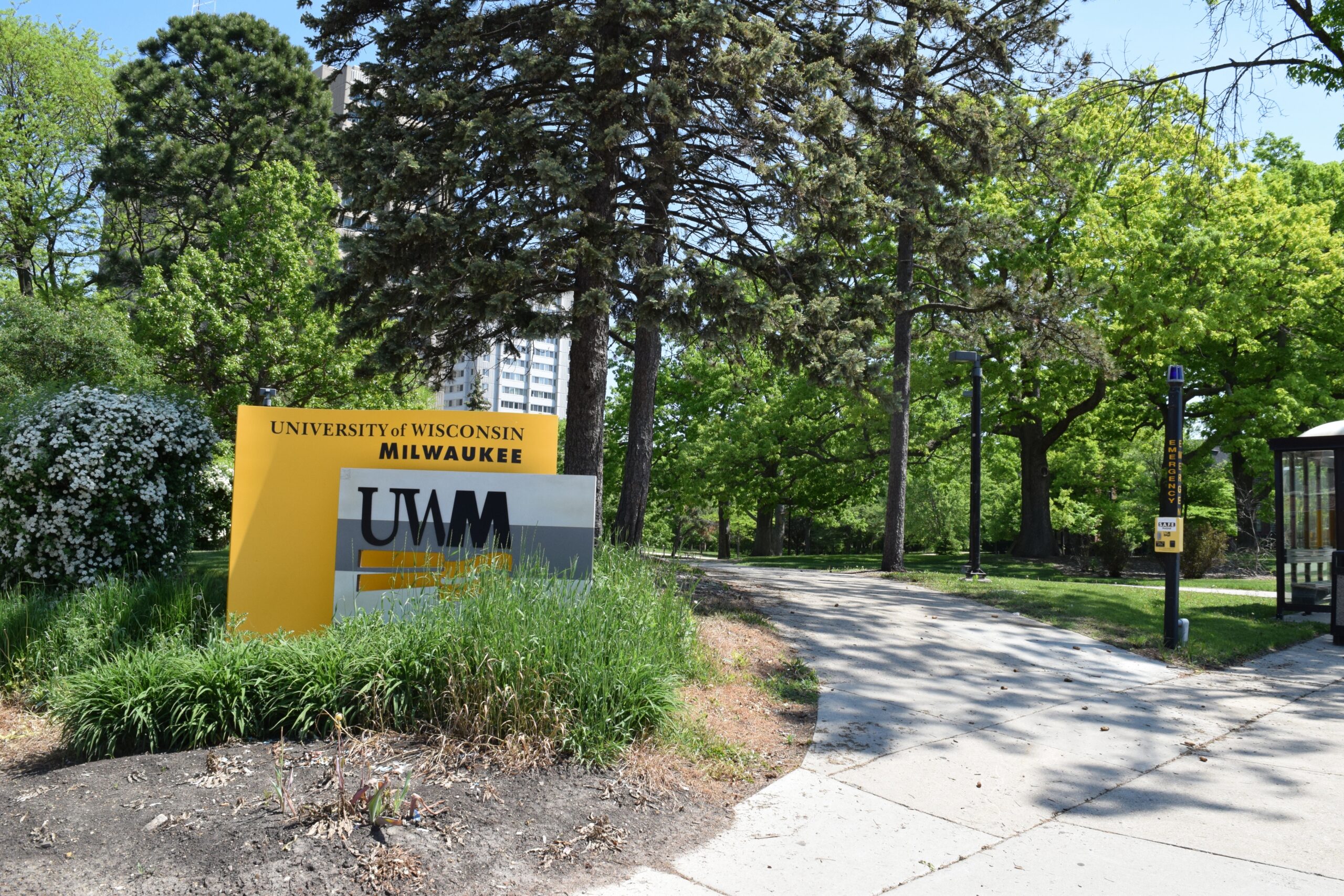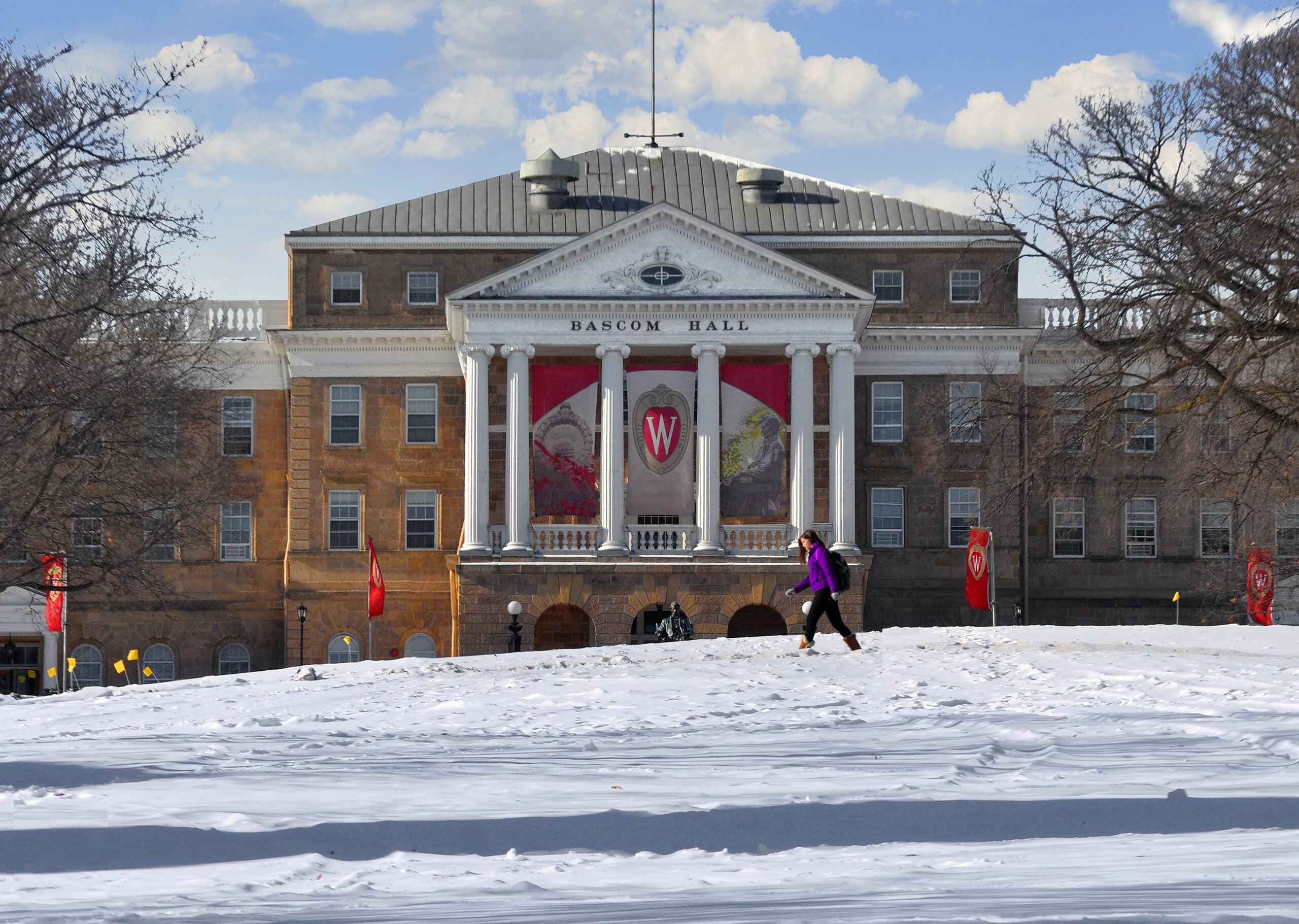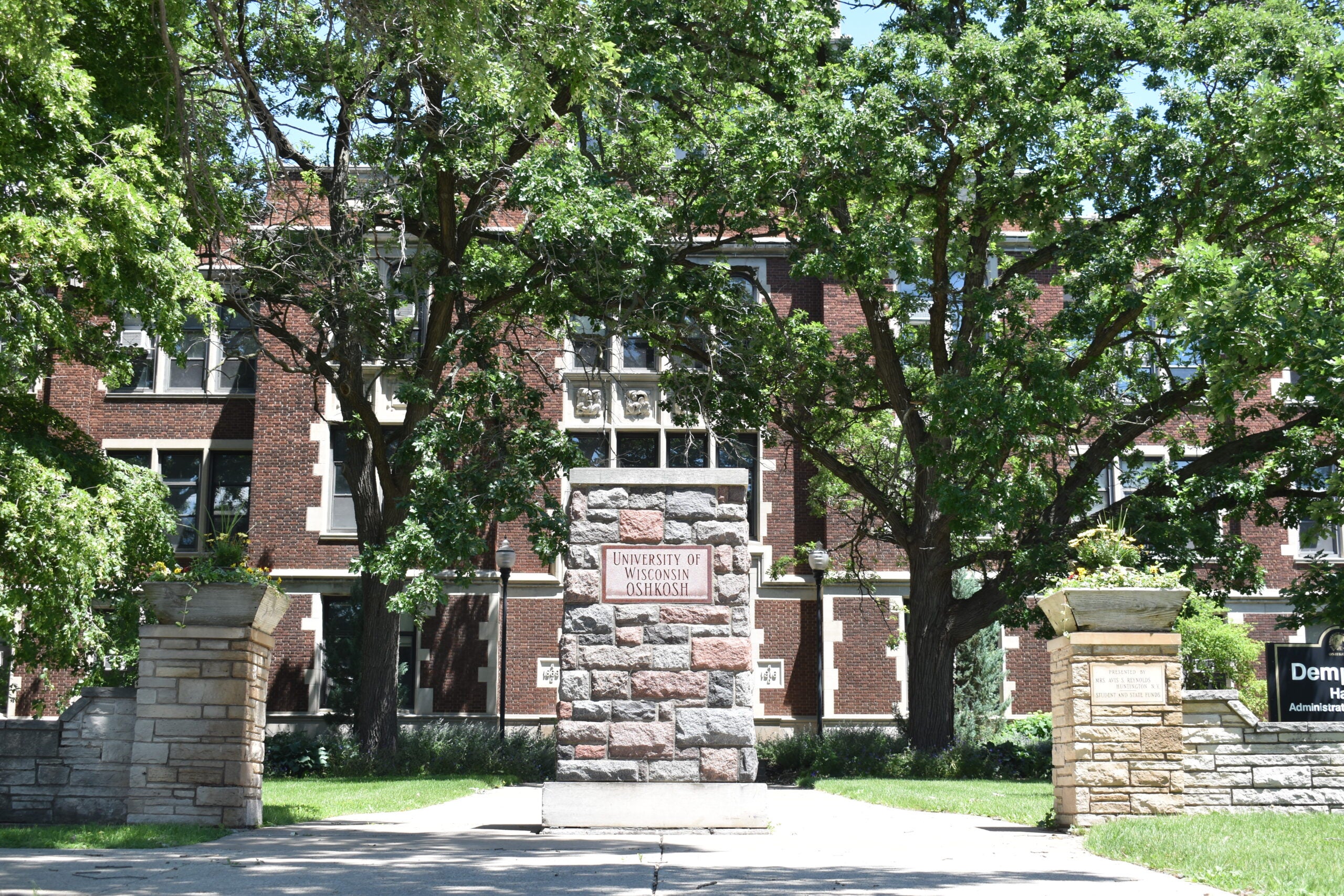Universities of Wisconsin President Jay Rothman is defending a leadership decision to lay off tenured faculty as a necessary response to declining enrollment and lagging state aid.
Earlier this month, the Board of Regents voted overwhelmingly to lay off 32 tenured faculty members in the College of General Studies from UW-Milwaukee branch campuses. The move marks the first major use of a 2015 state law that permits the termination of tenured faculty should their academic programs be discontinued.
Rothman spoke recently on WPR’s “Wisconsin Today.” He said the original idea of tenure for faculty is to ensure academic freedom to speak and conduct research without the fear of repercussions like job loss.
Stay informed on the latest news
Sign up for WPR’s email newsletter.
“(Tenure) was not intended and historically has not been viewed as a protection of job security for life,” he said. “There was no longer demand for that program that there had been historically. And as a result, the board had to take a difficult, but I believe appropriate, action as we look at being good stewards of state support as well as the tuition dollars that students pay us.”
Regents also approved sending a new budget request for $855 million in state funding. Rothman defended the request as a means to elevate the UW system to the national average when it comes to state-supported funding.
On “Wisconsin Today,” Rothman talked about tenure, the future UW state funding and the working relationship with lawmakers.
The following was edited for brevity and clarity.
Kate Archer Kent: Does this layoff signal to other academics looking at UW system schools to be wary of what it means to be tenured faculty here?
JR: I don’t think it does. These are challenges that universities are facing across the nation. This is not something that is specific to Wisconsin. I don’t think it sets a precedent.
KAK: State Superintendent Jill Underly was the only regent to vote no. She believed the UW system’s multi-billion dollar budget could have found a way to preserve these faculty positions. What funding alternatives were there to layoffs?
JR: We’re funded 43rd out of 50 in terms of our state support for our universities. And to just assume that we can make a financial decision and just shift something over, we don’t have the dollars to do that. That’s simply the reality that we’re facing.
I don’t think it’s a fair characterization that we could have just picked this up somewhere else. I think you’ve probably seen our universities have been addressing staff layoffs and voluntary retirements trying to eliminate structural deficits. And when you’re 43rd out of 50, you don’t have a lot of margin to simply fund whatever you have to fund, including trying to bring on faculty for which we had no work for them to do, into the broader UW network.
KAK: Let’s talk about the budget. The Regents voted to ask the state Legislature for an additional $855 million in the next budget. Why do system schools need this funding infusion?
JR: I would argue that our Universities of Wisconsin have been neglected from a funding perspective for the last decade or more. We now rank 43rd out of 50 states in the nation in terms of our state support for our public university system. That’s not the Wisconsin I grew up in. That’s not the Wisconsin I know.
We have put forward a budget that will try to get us to the national median. We think it is an appropriate ask under the circumstances, after the time period during which we really haven’t been funded at an adequate level.
That funding will allow us to do a number of things. It will allow us to address student success issues, more academic advising, preparing students to be ready for their careers, mental health services, dealing with internships and funding undergraduate research. All of this allows our students to hit the ground running when they hit their careers.
KAK: It seems as if you have Gov. Tony Evers on board, who has said publicly his plans are to propose more than $800 million in new funding for the UW. What is your message to lawmakers as they’re crafting their budget version?
JR: I’ve been talking about our funding status since I started in 2022. I was delighted to hear Gov. Evers when he spoke to the Board of Regents meeting in June, supportive of trying to get us up to the middle.
And I think the conversation with lawmakers is to really talk about the long-term economic viability of the state of Wisconsin. Generations of Wisconsinites have invested in the Universities of Wisconsin and built a premier university system. And that system is going to wither on the vine unless it gets additional investment.




